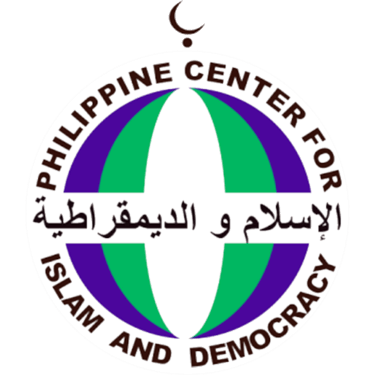NewsIslam and Democracy Forum: Autonomy and Federalism

With the current administration’s endorsement of the shift to federalism, the UP College of Law, in partnership with the Philippine Center for Islam and Democracy (PCID), held an in-depth discussion of Autonomy and Federalism last June 15 at the Malcolm Theatre, College of Law, UP Diliman. The forum was organized to surface more nuanced discourses on the topics, and was attended by experts from federalist movements, and thought leaders from the academe and civil society.
Former Prime Minister of the Philippines, Cesar E. A. Virata, and the “Father of the Federalism Movement”, Former Senator Aquilino “Nene” Pimentel, led the discussion. With the Former P.M. Virata’s experience as the first and only Prime Minister of the Philippines, and Senator Pimentel’s authorship of the act creating the Autonomous Region in Muslim Mindanao and more than 50 years of advocating federalism, the attendees took part in a fruitful discussion on the applicability of Federalism in the Philippines.
Senator Nene Pimentel started his discussion by arguing that the concentration of powers in the central government hampers the speedy development of the nation, citing the response during the Yolanda crisis as an example. He then suggested the adoption of a Federal System with presidential form, which according to him is “concrete, doable, and practical.” Before discussing the specific details of his proposed system, Sen. Pimentel urged the audience to familiarize themselves with the disputed territories within our country, as these would be important in creating the proposed federal states.
In adopting a Federal form of government, Sen. Pimentel reminded the audience that the nation would still be under one constitution, armed forces, national police, monetary system, flag, foreign policy, and one basic educational curriculum. The number of Senators, for Sen. Pimentel’s ideal version of Federalism, would also increase to 87 (6 senators per state, 6 for Metro Manila, 9 for OFWs), considering the increasing Filipino population. For the Judiciary, the structure of the Supreme Court would be retained, and courts should resolve cases following constitutional deadlines, ensuring the effective delivery of justice. The seats of power would also be spread around the nation, as the Federal Executive Department would remain in Metro Manila, while the Federal Legislative Department and Federal Supreme Court would be moved to Central Visayas and Northern Mindanao respectively.
Former Prime Minister Virata then expressed his concern on the current progress of the shift of Federalism. He proposed a joint voting session for the houses of the congress, since if they would vote separately, a very few number of Senators (8) could derail the long awaited shift to Federalism, which he considers as “complete governance”. As a leading expert in finance, he argued that reducing the share of the Federal Government in the annual budget would be problematic, as the Federal States could only provide basic social services, with most of them still underdeveloped to cover more advanced and intensive delivery of social services. PM Virata also mentioned that even before the adoption of Federalism, the Federal Government should prepare a large contingency fund, as it would continue the provision of costly social services, like pensions from GSIS and SSS.
During the open forum, Mr. Ramon Casiple (ED of IPER) asked if Federalism could weaken political dynasties and strengthen political party systems. Sen. Pimentel then stated that there should be a provision on the soon to be revised constitution which specifies that political dynasties are prohibited, and good governance does not depend on leaders, but on individuals who are actively exercising their rights, especially their freedom of speech. Mr. Gary Olivar provided an overview of economic issues, highlighting the inequalities among regions in terms of GDP. He argued that Federalism would contribute to the following: healthy competition among states; influx of domestic and foreign trade, investment, and credit; better policies; infrastructure build-out; and more efficient land use. Former Usec Parisya Taradji, Executive Director of MKFI inquired about the effect of federalism in the on-going peace agreements and how will the future leaders and representatives be evaluated. Sen. Pimentel addressed the query regarding the evaluation of government officials by citing that the Commission on Audit and other checks and balances measures would still be in place, and the if ever we would adopt a parliamentary form, the people have the power to call for elections to resolve pressing and important issues.
For the last reaction, a member of the audience thanked Sen. Pimentel for recognizing and actively addressing the issues faced by Filipino Muslims, and expressed her hopes for Federalism, which according to her, could finally address the issue of underdevelopment in Mindanao. Sen. Pimentel then assured her that if Federalism would be implemented, Shari’ah law would be respected in the Bangsamoro state, and the needs and aspirations of the people of Mindanao would finally be addressed.
